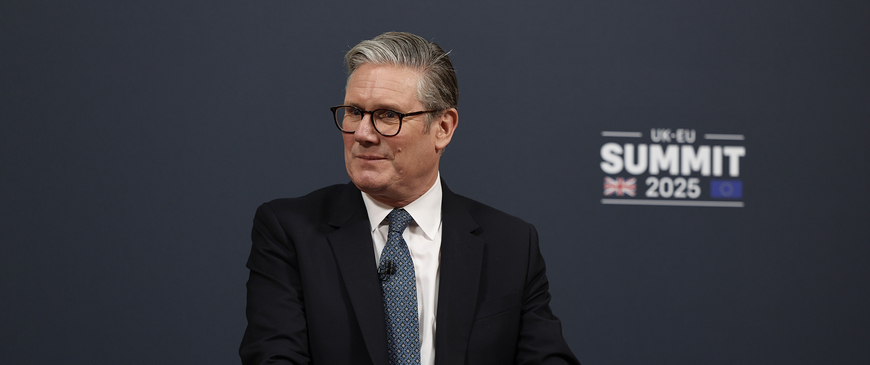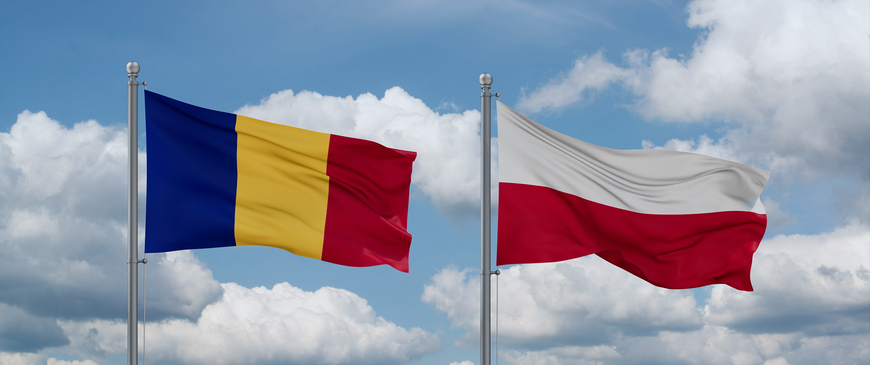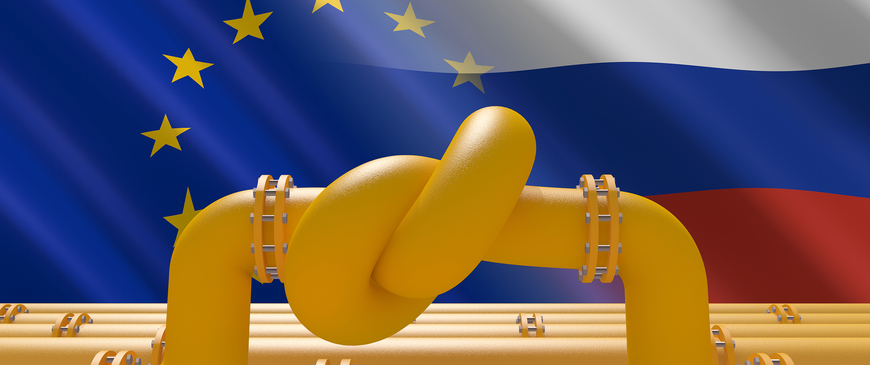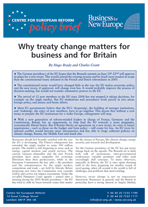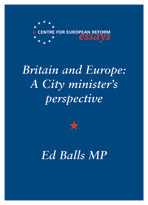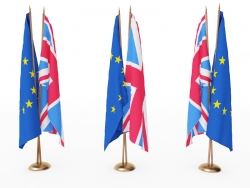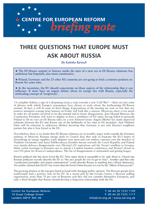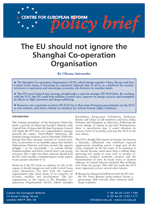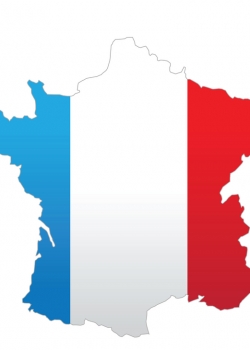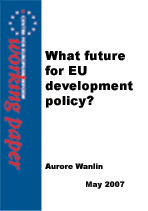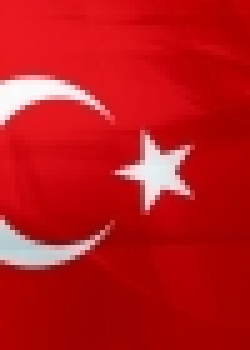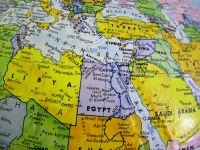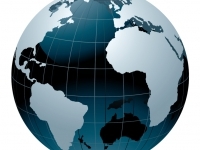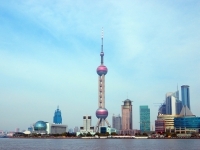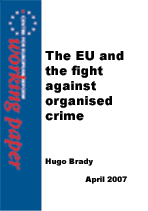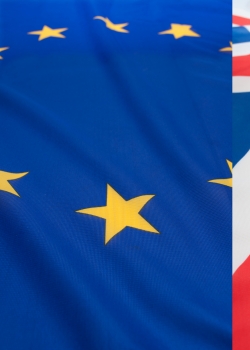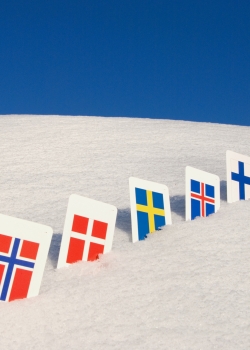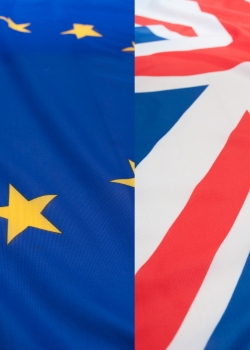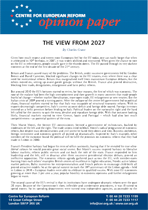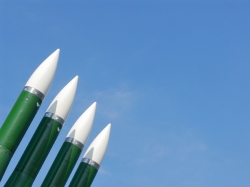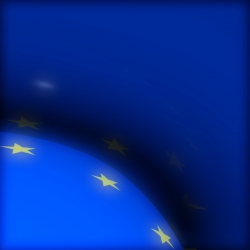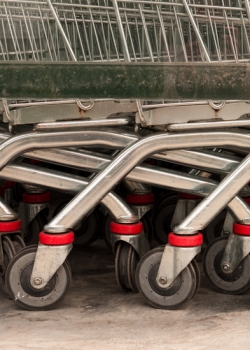Research
Why treaty change matters for business and for Britain
21 May 2007
If Britain blocks Germany's plans to forge an agreement on a new EU treaty, the consequences would be grim, according to this policy brief published by the Centre for European Reform and Business for New Europe.
Britain and Europe: A City minister's perspective
18 May 2007
Britain's membership of the EU strengthens London as a global financial centre, argues City Minister, Ed Balls. The UK should engage actively with the EU, to ensure that its financial regulation is proportionate, flexible, and implemented effectively.
If Nixon could go to China, Brown can go to Brussels
17 May 2007
W.B. Yeats lamented a Europe where, in politics at least, “the best lack all conviction while the worst are full of passionate intensity”. As Tony Blair bows out as UK prime minister, British pro-Europeans will identify with his sentiments.
Three questions that Europe must ask about Russia
16 May 2007
On Friday 18 May 2007, EU leaders meet Russian President Vladimir Putin in Samara. The summit will have few tangible results, partly because the Union is internally divided.
The EU should not ignore the Shanghai Co-operation Organisation
11 May 2007
The Shanghai Co-operation Organisation (SCO) is an organisation of increasing strategic importance. It brings together Russia, China and four Central Asian states.
Nicolas Sarkozy: Turkophobe and protectionist?
08 May 2007
Most EU governments wanted Nicolas Sarkozy to win the presidential election. They think his liberalising economic agenda stands a fair chance of boosting France’s lacklustre economic performance.
What future for EU development policy?
04 May 2007
The European Union, together with its member-states, is the world's largest source of development aid. Yet the Union under-performs as a donor: its various governments and the Commission seldom co-ordinate their efforts, and often fail to think strategically.
What Turkey’s crisis means for the EU
03 May 2007
Turkey has aborted its presidential election and called for an early parliamentary one. The army, it appears, is still on stand-by. Prime Minister Erdogan accused the country’s highest court of having fired “a bullet at democracy” by declaring the first round of voting on his presidential candidate, Abdullah Gul, invalid.
The EU and Arab reform
27 April 2007
The Arab Reform Initiative held its annual conference in Amman, Jordan, on 18th April. Founded in 2005, ARI is a consortium of a dozen research centres that advocate peaceful and gradual political, economic and social reform in the region. A few non-Arab think-tanks are also involved, including the Centre for European Reform, but it is very much led and managed by Arab research centres. The CER is part of ARI because it believes that ARI offers an excellent opportunity to encourage reform in a region that is deeply suspicious of outside influence.
Globalisation: Business versus politics?
20 April 2007
The CER and Accenture brought together a group of business people, journalists and policy analysts today, to discuss what the world may look like in 2020. What struck me is that there is not one debate about globalisation but several. And they hardly touch.
The EU, the US and Taiwan
16 April 2007
Taiwanese domestic politics is nasty and messy. The two main political forces – the KMT, which believes in ‘one China’, and the DPP, which leans towards an independent Taiwan – hate each other with venom that is unmatched in most other functioning democracies.
The EU and the fight against organised crime
06 April 2007
The EU needs to tackle a new threat: international organised crime. Europe's criminal underworld is taking advantage of new opportunities to commit crime that come with the increasing mobility of people, goods and services across national boundaries.
Britain and the EU: a crisis looms
02 April 2007
British politicians are too complacent about Germany’s plan to salvage large parts of the EU constitutional treaty. They assume that other countries will reject the German presidency’s scheme, so sparing Britain from isolation. Indeed, there is now a consensus that stretches from UK treasury officials to Conservative leaders to The...
We are all Nordic now, or are we?
02 April 2007
The EU drew up its Lisbon reform agenda in 2000 with the thinly disguised goal of catching up with the US. But the idea that Europe should strive to adopt ‘Anglo-Saxon’ capitalism is abhorrent to those who cherish Europe’s more extensive welfare states.
Ukraine’s real problem
02 April 2007
A marriage of convenience is probably too charitable a description of the relationship between Ukraine’s president, Viktor Yushchenko, and its prime minister, Viktor Yanukovich.
Issue 53 - 2007
30 March 2007
- Britain and the EU: a crisis looms, Charles Grant
- We are all Nordic now, or are we?, Katinka Barysch
- Ukraine’s real problem, Tomas Valasek
The view from 2027
22 March 2007
Given how much respect and esteem most Europeans feel for the EU today, one can easily forget that when it celebrated its 50th birthday, in 2007, it was widely disliked and mistrusted.
In defence of missile defences?
14 March 2007
For those spoiling for another good transatlantic fight, the headlines from last week’s EU summit must have come as manna from heaven.
What is wrong with Lisbon?
09 March 2007
The Lisbon agenda embodies a paradox. Progress made by the member-states has been slow and patchy. The German presidency in the first half of 2007 is playing down Lisbon, fearing that the process has been discredited by the EU’s failure to meet its targets. Commentators often cite Lisbon as an example of the mismatch between the EU’s grand ambitions and lack of delivery.Aurore Wanlin was a research fellow at the CER (2004-2007).
The future of the single market
02 March 2007
The EU puts out a lot of reports, studies, evaluations and announcements. So far this month, the Commission has released around 80 major documents. Many of them are too specialised, too long or simply too dull to attract wider interest.

